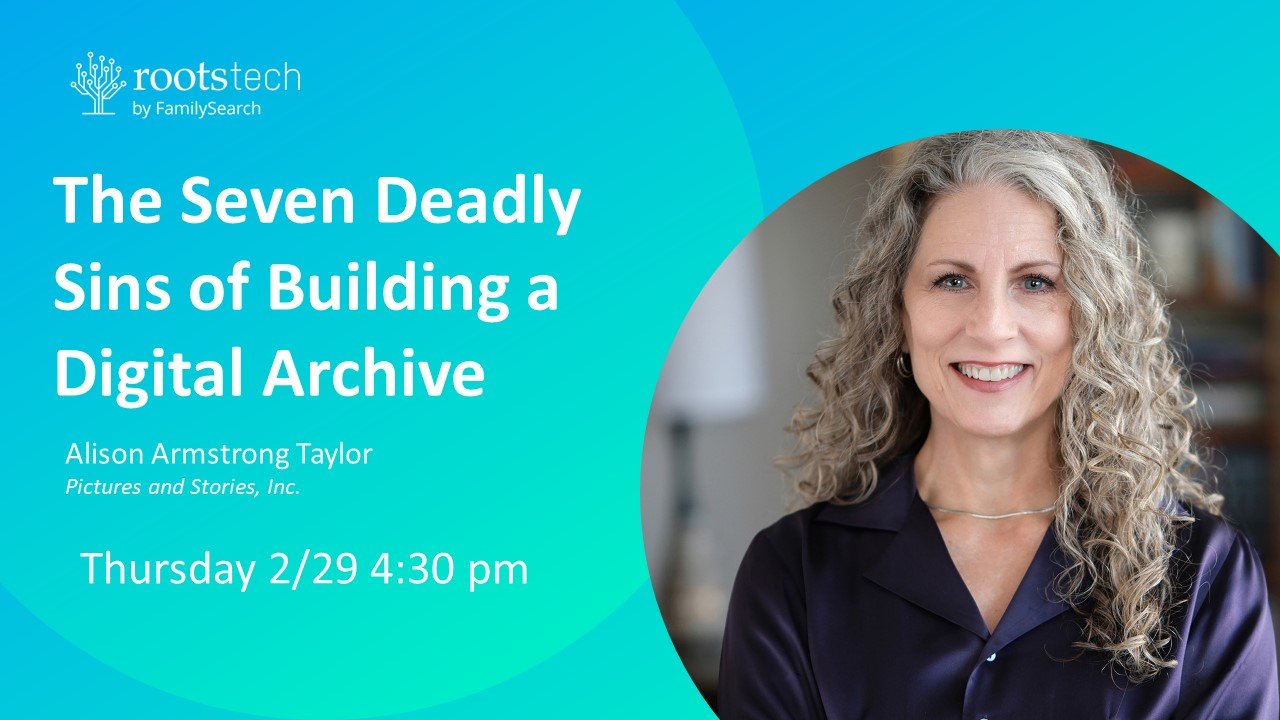Ask any couple to tell the story of how they met, and you'll usually hear two very different versions of the same story. She remembers what she wore, he remembers what car he was driving. (It may sound like gender stereotyping, but it is a common anecdotal refrain among our clients!)
As Tom and I watched a television show the other night, I marveled at the way he can recall the entire plot of something he saw five years ago. I, on the other hand, can't remember in the least what happened; but I have perfect recall of the costumes, set design, and the actors' names. Gender gap? Perhaps, but not all differences in memory can be ascribed to gender alone. Personality? Tom is more analytical, I am more visual; it makes sense that we would each recall a different aspect of the movie.
Do you ever have the feeling that aliens have secretly tampered with the memories of all your family members? You remember your mother cooked delicious meals, but your brother insists the meat was always dry and flavorless. How could you sit at the same table, eating the same food, night after night, and have such a different take on events?
Your mother's shrimp and Spam jello mold -- delicious or disgusting?
Recent research on the nature of memory indicates that everyday sensory data is not retained by the brain in its complete form, like some cerebral tape recorder, able to be recalled with perfect fidelity at at will. Rather, bits and pieces of meaningful experiences are encoded within our neural network. When we experience a memory, our brains withdraw details of a specific event in a series of mental "snapshots" rather than a complete and static recall.
Our brains don't bother encoding all of our memories; most of them are lost along the way. Encoding of a memory may depend upon the emotions, perceptions, and environment at the time of the event and at a later time the memory is recalled. Thinking or talking about the event can affect how it is remembered later.
This may explain why two people who experienced the same event can have widely differing memories of it. It could even explain why people "remember" events that didn't actually happen or about which someone else merely told them. So what does this mean to those of us who are in the process of writing our life stories?
1. Accept that the nature of memory is fluid, and let it be what it is. There's no point in insisting that you are right and your brother is wrong. Even though you came from the same womb, you have different brains with different encoding patterns -- and obviously different tastes in food.
2. It's your story. Don't let anyone else's memory of a situation dictate that yours is "wrong." Be open to the idea that your memory may not be a concrete, absolute, "true" version of events, but don't be dissuaded from telling the story as you remember it. If your sister recalls it differently, she can tell her own version.
3. In memoir, your perception of what transpired is as important as "fact." The whole point of memoir writing is to transfer your experience of your life to your reader. That includes not just what happened, but how you felt about it, how it affected you, and what you learned from it. You're not writing a police report: "just the facts, ma'am." You are writing the story of your life with character and color, error and enlightenment.




